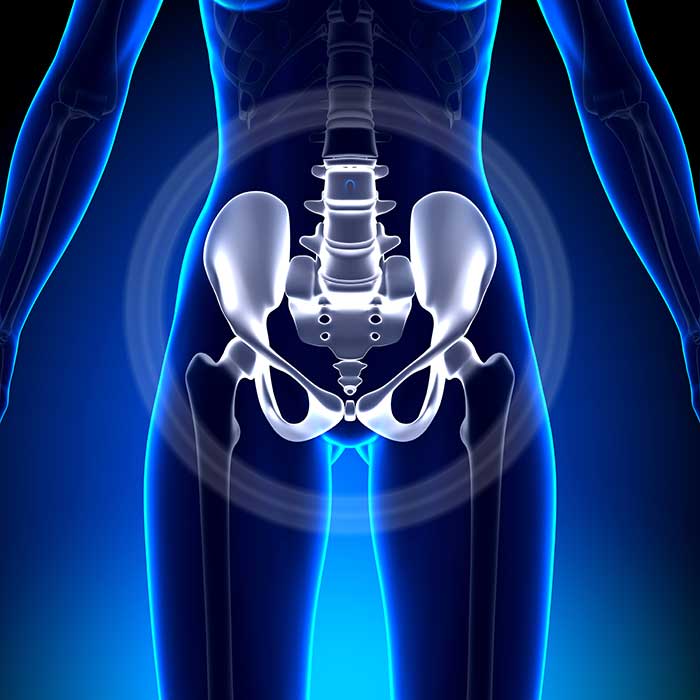Ph: 604.974.9433
Pelvic Floor Physiotherapy
Pelvic floor muscles play an integral role in supporting the pelvic organs (bladder, uterus, rectum) and providing core and trunk stability. When the pelvic floor muscles are too weak or too tight, issues can arise. Our physiotherapists have specialized training in pelvic floor rehabilitation, which should be considered before surgery or other medical intervention. As with any other muscle group, the pelvic floor can be re-trained!
You should see a pelvic floor physiotherapist if you relate to any of the following:
- Urinary incontinence (e.g., unintentional wetness, leaking with exercise, coughing or laughing)
- Fecal incontinence
- Constipation
- Pelvic girdle pain
- Pelvic floor prolapse (e.g., heaviness or bulging of the vagina or perineum)
- During pregnancy and after childbirth (whether a Caesarean or vaginal birth) to increase pelvic floor strength and reduce post-partum issues
- Tail bone pain (coccydynia)
- Abdominal separation (diastasis rectus abdominis)
- Poor core stability
- Low back/SI joint pain
The initial visit will include a comprehensive history of your current and previous pelvic floor- related issues, an assessment of your pelvic floor mechanics and a discussion of your goals. An internal exam (vaginal, rectal or both) tests the pelvic floor muscles for strength, endurance, position and ability to relax.
A comprehensive treatment plan will be tailored for you, and may include:
- Advice & education about your condition and possible lifestyle changes
- Pelvic floor exercises including, but not limited to, Kegels (did you know 75% of women do Kegels incorrectly?!)
- Posture correction
- Manual therapy
- Biofeedback





